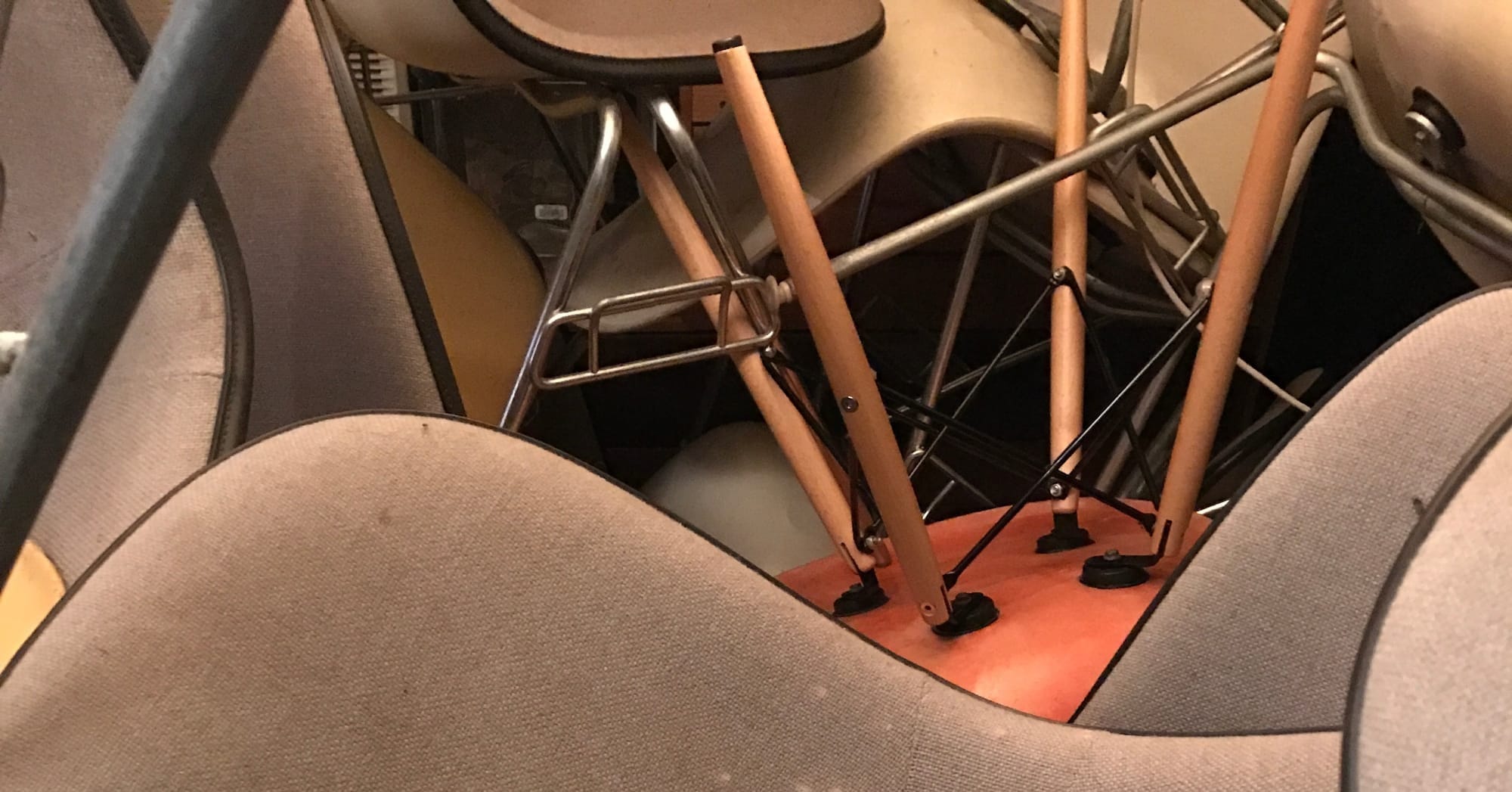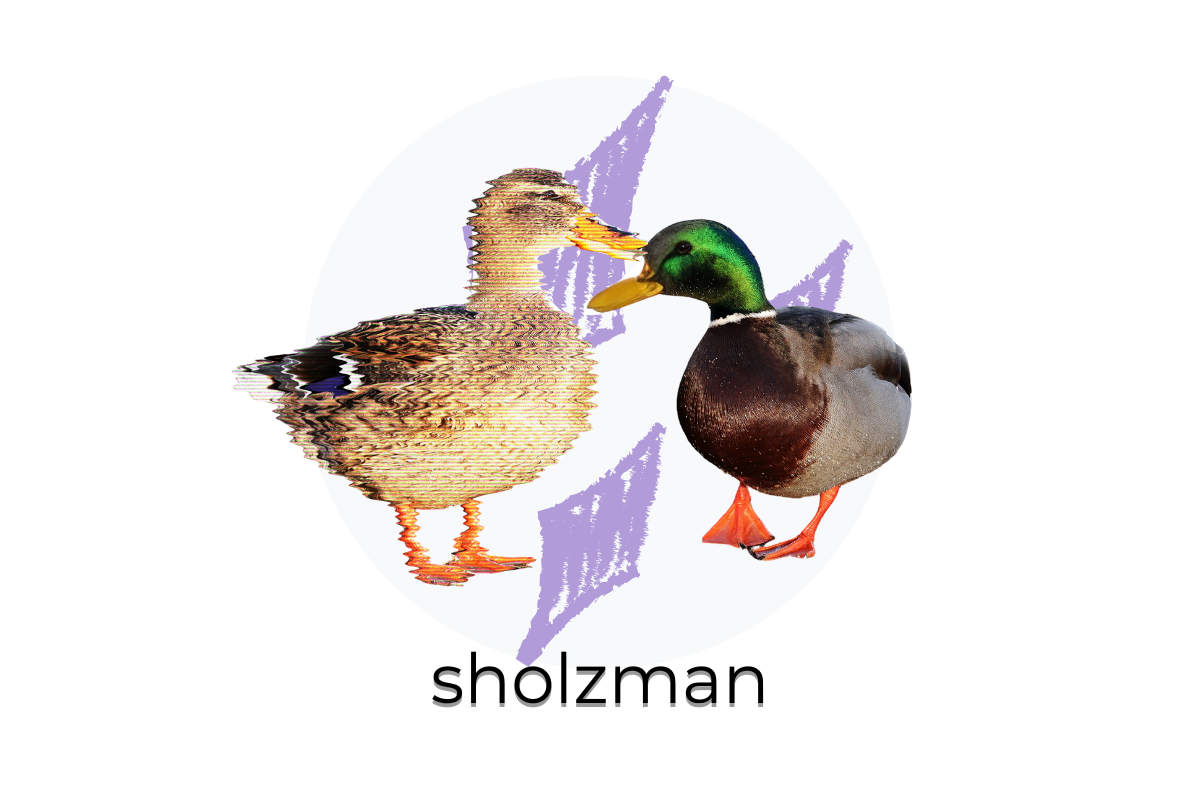I Haven’t Heard That Word in Years

"Eloquence—thinking in words—is a byproduct of solitude, deracination, a heightened painful individuality." – Susan Sontag, from As Consciousness is Harnessed
Once again it comes back—
not in the ear on a voice,
but in the quality of a stone,
or a late night,
or interstate
with memories pinned
to the exit signs
we slowed down for.
I have buried many such sensations
or let them compost in place.
Each broken circle of friends,
every promise of love and forever,
the dead and gone for good—
into the ground.
The common glossary are easy
as grunting. Everywhere, fine
and serviceable. Necessary and
not enough.
With a shared rare tongue,
more emergence is called for—
a collective, racine vocabulary
for us – to be understood.
Those are the words that rise,
unexpected, as if carved
by a cosmic hand just to say:
we existed,
we spoke,
we loved one another
and made language.
The reason we feel comfortable using the word “tongue” to mean “language” is easy to understand: the tongue is the organ we use to shape speech, so it became a natural symbol for speaking itself. In Old English, Latin, and Greek, the same word meant both “tongue” and “language,” and that double meaning carried into many modern languages. French (langue), Spanish (lengua), Russian (язык / yazyk), Arabic (لسان / lisān), Turkish (dil), and Hebrew (לשון / lashon) all use their word for “tongue” to also mean “language.” English kept the pattern but now mostly uses it in poetic or familiar phrases like “mother tongue” or “speaking in tongues.” Not every culture follows this link: Chinese uses 舌头 (shétou) for the tongue and 语言 (yǔyán) for language; Japanese uses 舌 (shita) for tongue and 言語 (gengo) for language; Korean uses 혀 (hyeo) for tongue and 언어 (eoneo) for language. Across many parts of the world, though, calling a language a “tongue” is a centuries-old way of personifying the physical actor of speech the languages we inherit and share as the physicality of speech. It gives me a question I've been rolling around: is speech, and the movement of the tongue itself, the most useful framework for understanding what language is?

A Call to Unearth Our Vocabulary
This poem considers the words we love and bury—the intimate language we create only with people in our lives, the words that carry the weight of a shared past. I have been reflecting, and consider perhaps that some of our most meaningful vocabulary is relationally self-created through the shaping social and emotional forces of our lives. Can you recall any words that used to hold a lot of meaning? I'm inviting you to join me in unearthing a piece of that language from the past.
Email me: scott [at] sholzman [dot] com
Share the word and, if you'd like, the memory or relationship it’s pinned to. If you were to take this as a writing prompt, well, I wouldn't blame you.
© 2025 Scott Holzman. All rights reserved. Please do not reproduce, repost, or use without permission.
